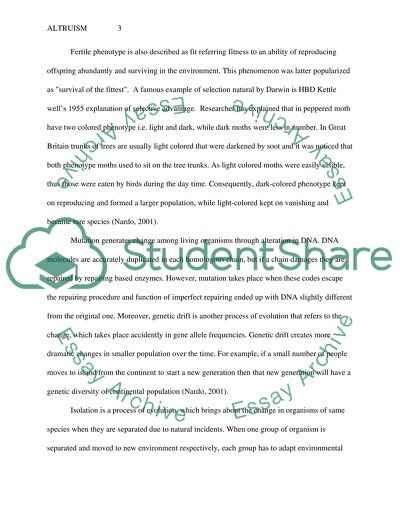Cite this document
(“Outline the processes involved in evolution and discuss how Essay”, n.d.)
Outline the processes involved in evolution and discuss how Essay. Retrieved from https://studentshare.org/psychology/1466385-outline-the-processes-involved-in-evolution-and
Outline the processes involved in evolution and discuss how Essay. Retrieved from https://studentshare.org/psychology/1466385-outline-the-processes-involved-in-evolution-and
(Outline the Processes Involved in Evolution and Discuss How Essay)
Outline the Processes Involved in Evolution and Discuss How Essay. https://studentshare.org/psychology/1466385-outline-the-processes-involved-in-evolution-and.
Outline the Processes Involved in Evolution and Discuss How Essay. https://studentshare.org/psychology/1466385-outline-the-processes-involved-in-evolution-and.
“Outline the Processes Involved in Evolution and Discuss How Essay”, n.d. https://studentshare.org/psychology/1466385-outline-the-processes-involved-in-evolution-and.


